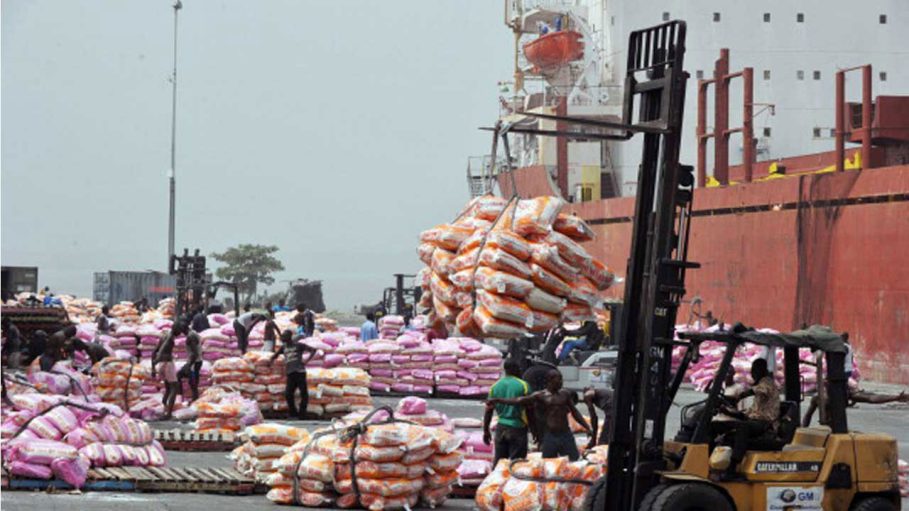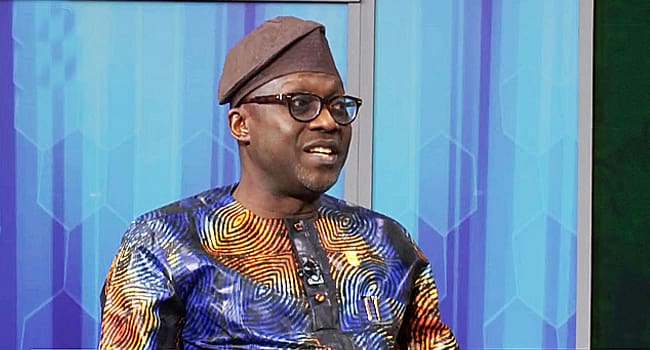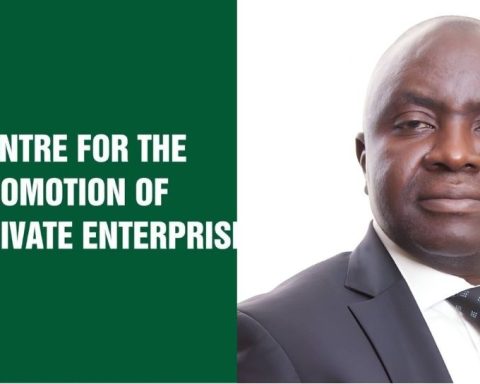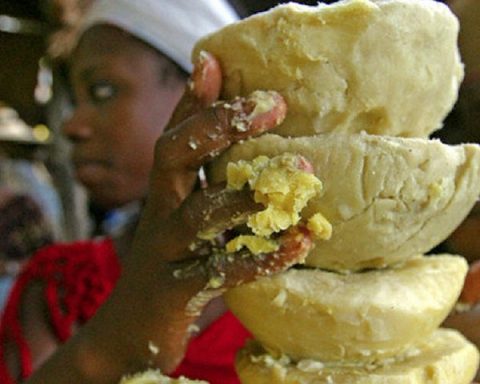The Sahel, made up of Mali, Niger, Burkina Faso, Chad and Mauritania, has become a flashpoint of instability. Militant Islamist groups are escalating attacks through bombings, kidnappings and armed clashes, and are now deploying drones and improvised explosives.
The violence no longer respects borders. Porous frontiers with Nigeria and neighbouring states have turned the Sahel crisis into a West African security emergency, which fuels instability and magnifies the risks of spillover.
Reports suggest many attacks in Nigeria trace back to border zones, yet leaders remain hamstrung by weak controls, political fragility and lack of regional coordination. This failure to act decisively not only emboldens insurgents but also worsens humanitarian crises of displacement, hunger and governance breakdown.
The Attacks have escalated sharply since the early 2010s. In 2017, ISIS-Sahel militants ambushed a joint US-Niger patrol in Tongo, Niger, killing ten soldiers. The violence intensified in 2020 with a deadly attack on a Nigerien military base in Chinagodrar, where 89 soldiers lost their lives.
Later that year, six French aid workers and two guides were killed in Koure National Park, Niger, by the same group. In February 2023, Islamic State Sahel Province militants ambushed soldiers in Burkina Faso’s Oudalan province, killing at least 71 and abducting others.
Throughout 2023, Jama’at Nusrat al-Islam wal Muslimeen (JNIM), an Al-Qaeda affiliate, claimed over 280 attacks in Burkina Faso, which resulted in nearly 1,000 fatalities.
By mid-2024, deaths linked to militant violence in Mali, Burkina Faso, and Niger surged to over 7,600, marking a 37% increase from 2022.
In June 2025, JNIM killed around 60 security personnel in an assault on Mali’s Boulkessi military base near the Burkina Faso border. Around the same time, Islamic State Sahel Province (ISSP) struck several military positions in Niger and Mali, killing dozens of soldiers.
The violence is not confined to the Sahel alone. Nigeria, Africa’s most populous nation, faces a parallel crisis with Boko Haram and its splinter group, Islamic State West Africa Province (ISWAP), operating mainly in the northeast and along border areas with Niger and Chad.
Across the region, each country contends with one or two dominant militant groups exploiting porous borders to launch attacks, abduct civilians, and destabilise communities, while these overlapping, border-based threats continue to complicate national security and undermine regional stability.
It means Militants now control larger territories and extend violence beyond the Sahel, increasingly targeting farming communities and civilians across.
Poor governance, rising extremism
African leaders are heavily responsible for the Sahel’s worsening insecurity. Corruption, weak institutions and a failure to deliver basic services have eroded trust and strengthened extremist propaganda. Groups like Jama’at Nusrat al-Islam wal Muslimeen (JNIM) exploit such a vacuum by imposing their harsh order, after winning desperate local support.
Political instability worsens the crisis. The coups in Mali (2020) and Burkina Faso (2022 and 2023) fractured regional cooperation and filled security gaps that militants quickly exploited. Reports suggest some armed groups are still plotting to unseat military regimes by force.
Meanwhile, governments have depended only on military solutions, from Niger’s dependence on French troops to Mali’s use of Russian Wagner fighters.
Weak border control compounds the threat. Militants move arms and fighters freely across Niger, Nigeria and Chad. Poor coordination of intelligence and operations has only widened the spread of insurgency.
Dialogue and reintegration programmes remain absent in much of the region, leaving disgruntled youth vulnerable to radicalisation. Niger’s amnesty and reinsertion scheme, which since 2016 offered stipends and training to defectors, helped cut civilian attacks by nearly half before the 2023 coup threatened its collapse
The consequences are stark. In 2025, Nigerien extremists crossed porous borders to strike Nigerian communities, fuelling wider insecurity.
Boko Haram and ISWAP still hold parts of Nigeria’s northeast, while Burkina Faso has ceded vast areas to militant control. As a result, Nigeria hosts more than three million displaced people, while violence in Burkina Faso and Mali has uprooted millions more. Attacks on trade routes such as Cotonou–Lomé have also disrupted commerce, hiked food prices and deepened hardship across the region.
Efforts Not Enough
Despite heavy investment in military operations, the Sahel crisis is worsening.
The United Nations Office for West Africa and the Sahel (UNOWAS) has warned that insecurity is spreading fast, with ISSP consolidating along the Niger-Mali border and threatening Nigeria. Displacement has quadrupled, with over 2 million uprooted in Mali alone. The U.S. Africa Command now calls the Sahel the ‘epicentre of terrorism,’ as groups like JNIM and ISGS expand operations and eye coastal routes
Regional frameworks such as the G5 Sahel Joint Force, MNJTF, and ECOWAS interventions promised coordinated defence but remain crippled by mistrust, corruption, and poor logistics. Underpaid and ill-equipped forces often operate without intelligence or accountability, while funding gaps let militants regroup and advance.
Analysts and diplomats agree the response is failing. Michael DeAngelo warns that entire Sahel states risk collapse. UN officials Jean-Pierre Lacroix and Bintou Keita stress that military gains will not hold without reforms, dialogue, and socio-economic development. Ghana’s Martha Pobee cautions that the violence is “bleeding southwards” into coastal West Africa.
Without tackling poverty, marginalisation, and weak governance, military action will only recycle violence, not end it.
Policy Recommendations
West African governments must urgently strengthen borders and intelligence networks. Joint patrols, real-time information sharing and coordinated operations are needed to disrupt militant supply chains, arms trafficking and cross-border movements.
Equally vital is governance and socio-economic investment. Poverty, unemployment and exclusion feed extremist recruitment. Expanding education, health care and basic services in neglected areas can weaken militant appeal and rebuild public trust.
Regional blocs like ECOWAS and the G5 Sahel must move from rhetoric to genuine collaboration. Security, governance and development cannot be treated in isolation. Integrated action is essential for resilience.
International partners have a role in training, equipping and funding regional forces, alongside humanitarian support. External assistance should reinforce, not replace, local ownership.
The Sahel crisis is spilling south. Security without governance will yield only fleeting victories. To protect citizens, restore trust and avert collapse, national and regional leaders must act decisively with integrated strategies that bind security, reform and development into one.
Dr Mbamalu, a Jefferson Fellow, member of the Nigerian Guild of Editors and media Consultant, is the publisher of Prime Business Africa
Dr. Marcel Mbamalu is a distinguished communication scholar, journalist, and entrepreneur with three decades of experience in the media industry. He holds a Ph.D. in Mass Communication from the University of Nigeria, Nsukka, and serves as the publisher of Prime Business Africa, a renowned multimedia news platform catering to Nigeria and Africa's socio-economic needs.
Dr. Mbamalu's journalism career spans over two decades, during which he honed his skills at The Guardian Newspaper, rising to the position of senior editor. Notably, between 2018 and 2023, he collaborated with the World Health Organization (WHO) in Northeast Nigeria, training senior journalists on conflict reporting and health journalism.
Dr. Mbamalu's expertise has earned him international recognition. He was the sole African representative at the 2023 Jefferson Fellowship program, participating in a study tour of the United States and Asia (Japan and Hong Kong) on inclusion, income gaps, and migration issues.
In 2020, he was part of a global media team that covered the United States presidential election.
Dr. Mbamalu has attended prestigious media trainings, including the Bloomberg Financial Journalism Training and the Reuters/AfDB Training on "Effective Coverage of Infrastructural Development in Africa."
As a columnist for The Punch Newspaper, with insightful articles published in other prominent Nigerian dailies, including ThisDay, Leadership, The Sun, and The Guardian, Dr. Mbamalu regularly provides in-depth analysis on socio-political and economic issues.













